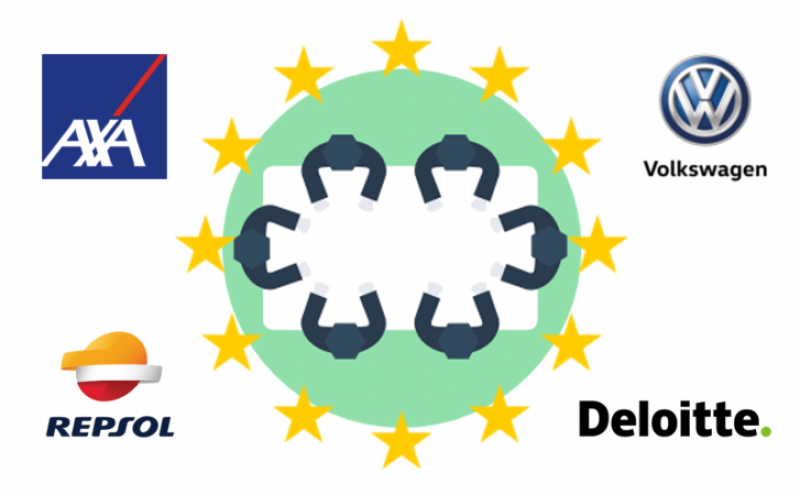
Corporate dominance in EU advisory groups unabated, as MEPs gear up to tighten rules
The European Commission’s attempts to redress the strong influence of corporate interests in its legislative advisory groups have fallen flat, new stocktaking research by Corporate Europe Observatory (CEO) shows. Ahead of today’s Parliament vote on stricter measures, CEO publishes research into ten high-profile groups that highlights how industry still dominates these influential bodies by up to 80 per cent - despite new rules.
In May 2016, the Commission set out new rules to increase transparency, avoid conflicts of interests and ensure balanced representation of interests in its advisory ‘expert groups’. Six weeks after the implementation deadline, Corporate Europe Observatory’s new study provides a case study assessment of their effectiveness.
The ten active advisory groups selected for this preliminary piece of research include both older and newer groups, which were chosen for their particular political relevance. They include ‘expert groups’ advising the Commission on
emission regulation and the future of the car industry, climate change and how to meet the UN climate targets, as well as financial regulation and ways to tackle tax dodging.
Of these ten groups, five remain dominated by corporate interests. Corporations and industry associations also make up 70 per cent of all stakeholders represented across the sampled groups. Only 15 per cent of representatives are providing the Commission with advice on behalf of NGOs, and just two per cent do so for Trade Unions.
Additionally, the most imbalanced groups were found to be made up of 80 per cent corporate members.
Corporate Europe Observatory’s researcher on political capture, Pascoe Sabido, said:
“The Commission’s expert groups are another gateway for corporate interests to influence EU legislation. At the end of last year, the new rules were meant to be implemented, but not much has changed since.
“There has been some progress on the transparency of these advisory groups, but corporations and their allies are still steering the agenda, and conflicts of interest continue.
“The car industry should not dominate groups on emissions regulation, tax dodging corporations and their accountants must not hog groups on tax dodging, and big banks should be kept at bay in groups on financial regulation.”
Contact:
Pascoe Sabido, pascoe@corporateeurope.org, +32 (0) 4 86 85 74 16
Notes to Editors:
- Read the full study here.
- The Commission’s May 2016 rules on ‘expert groups’ can be found here, with analysis available on CEO’s website.
- CEO’s new study is the first in a research series on advisory groups in the European Commission. It will be launched on 14 February 2017, when the European Parliament is expected to vote for measures to improve the stakeholder balance in the groups, reduce conflicts of interest and ensure sufficient resources are committed to fully implementing last year’s rules.
- A CEO reaction to the vote will be published on Twitter tomorrow.
